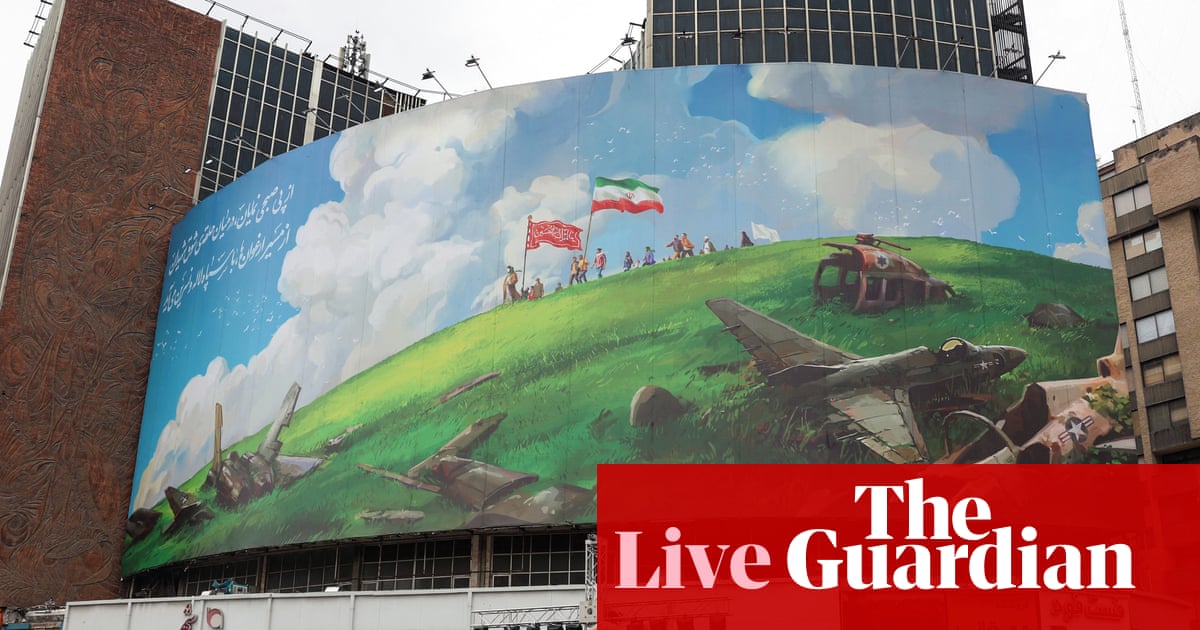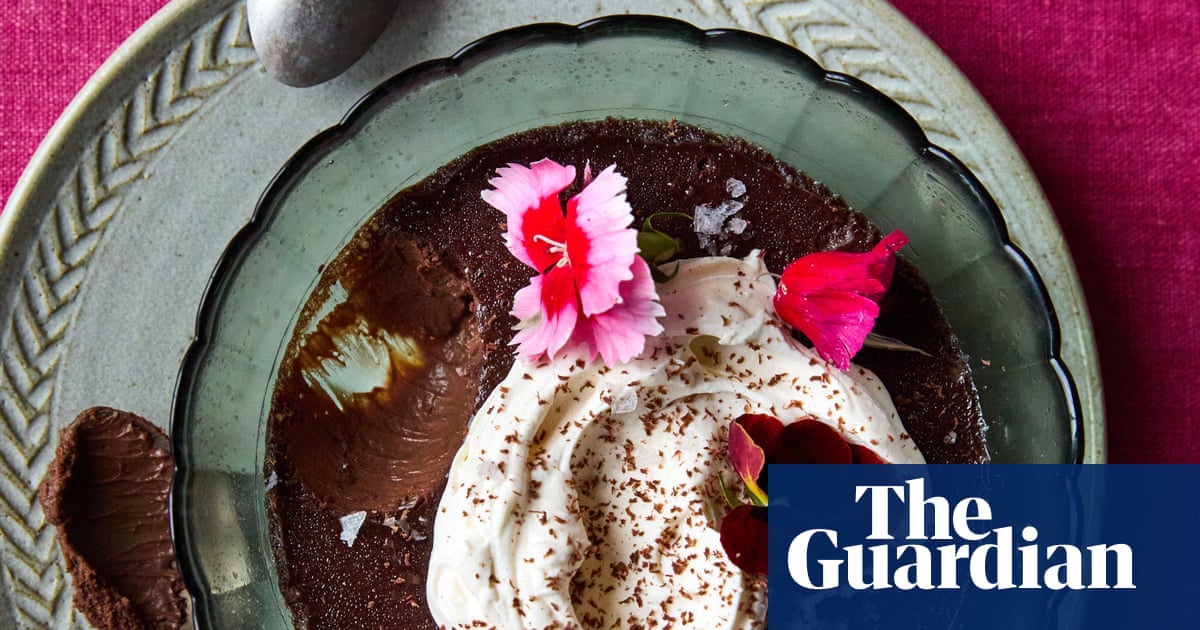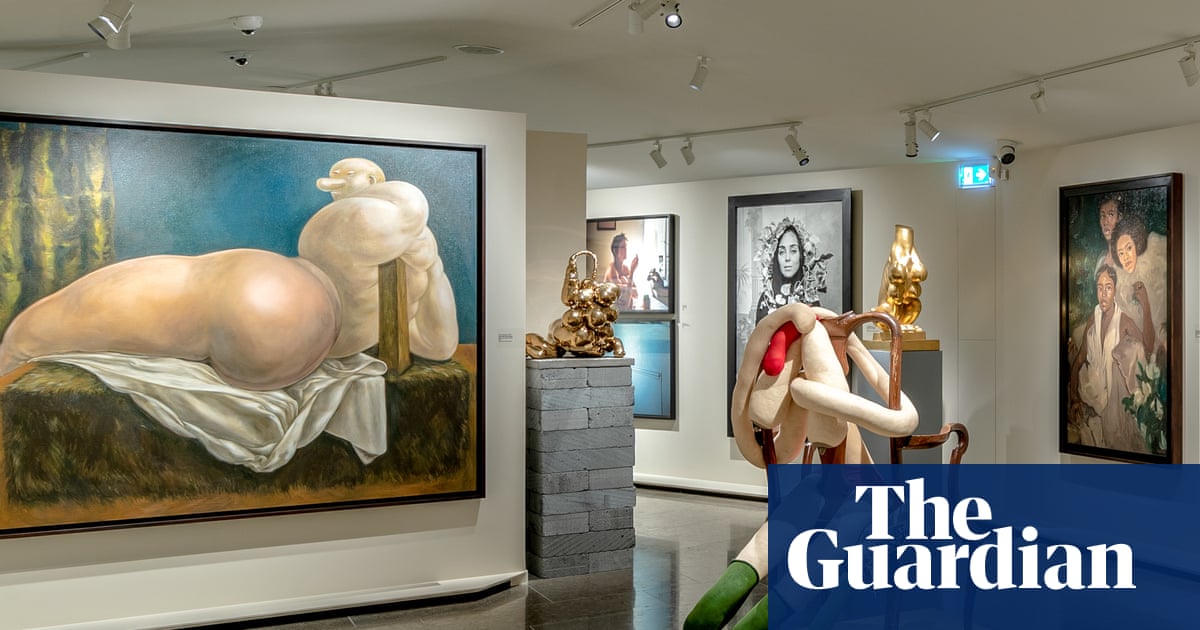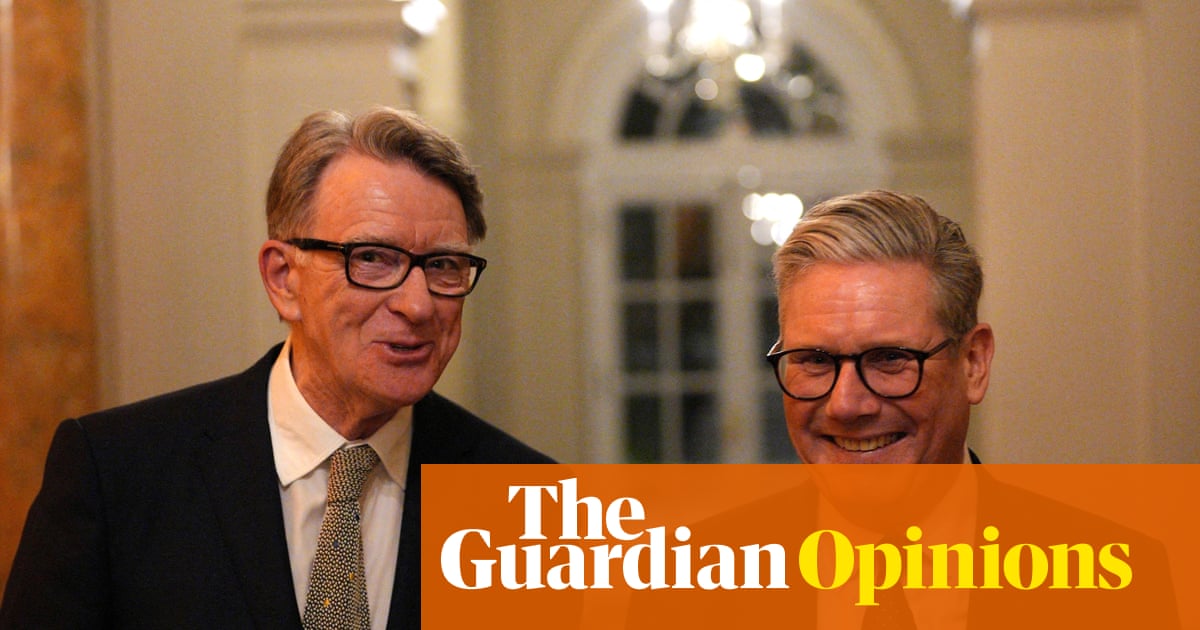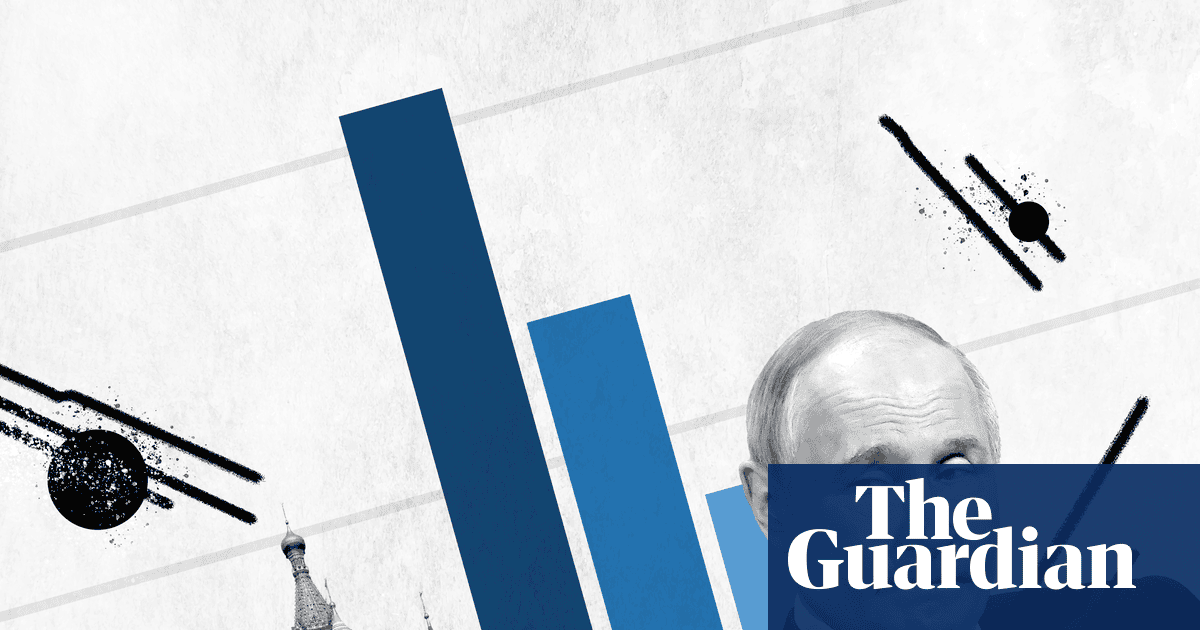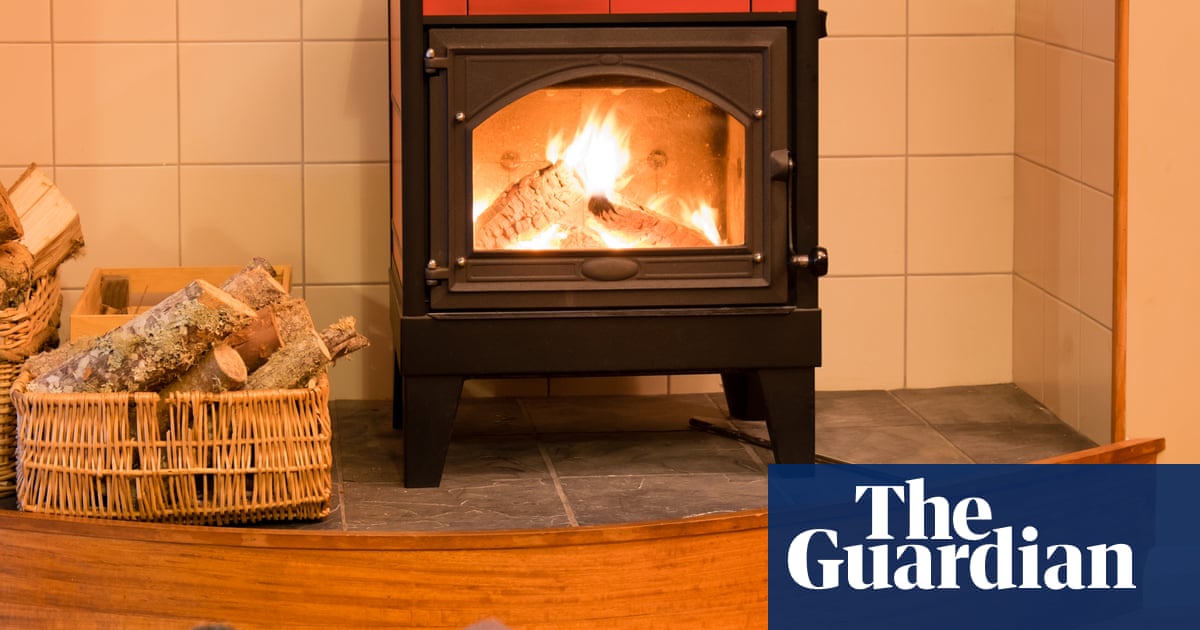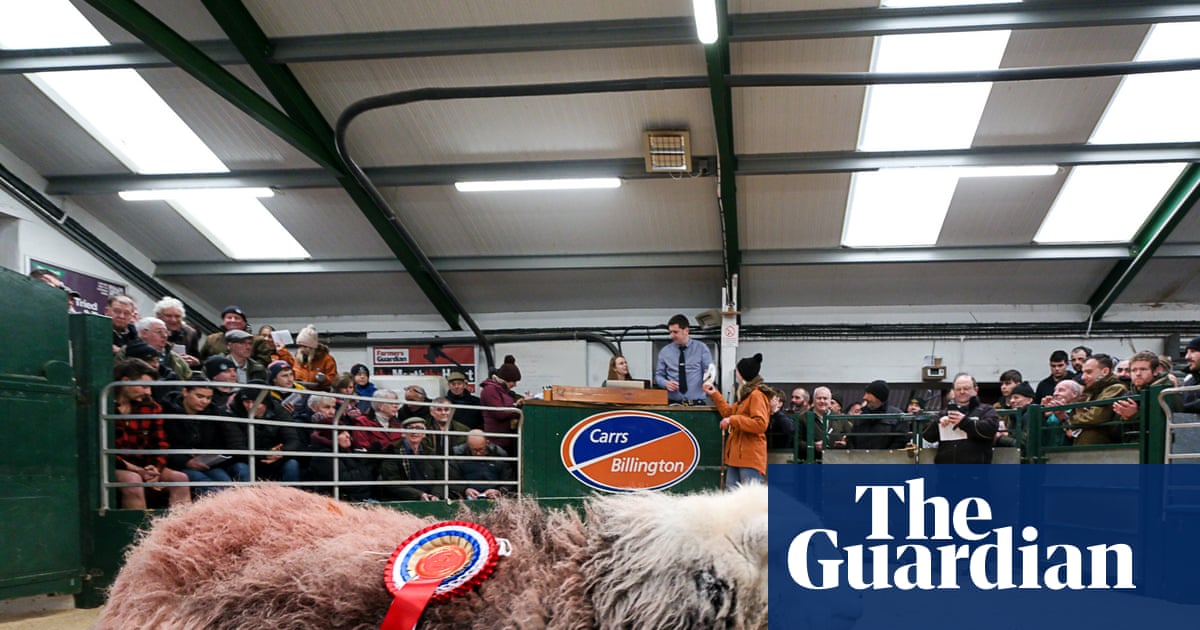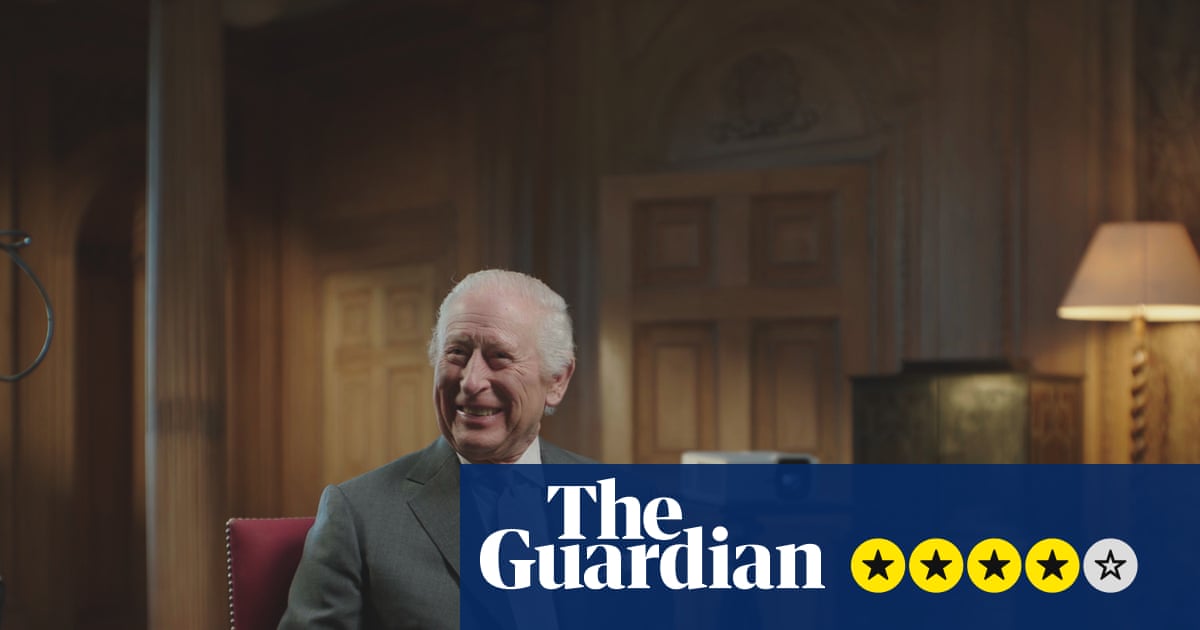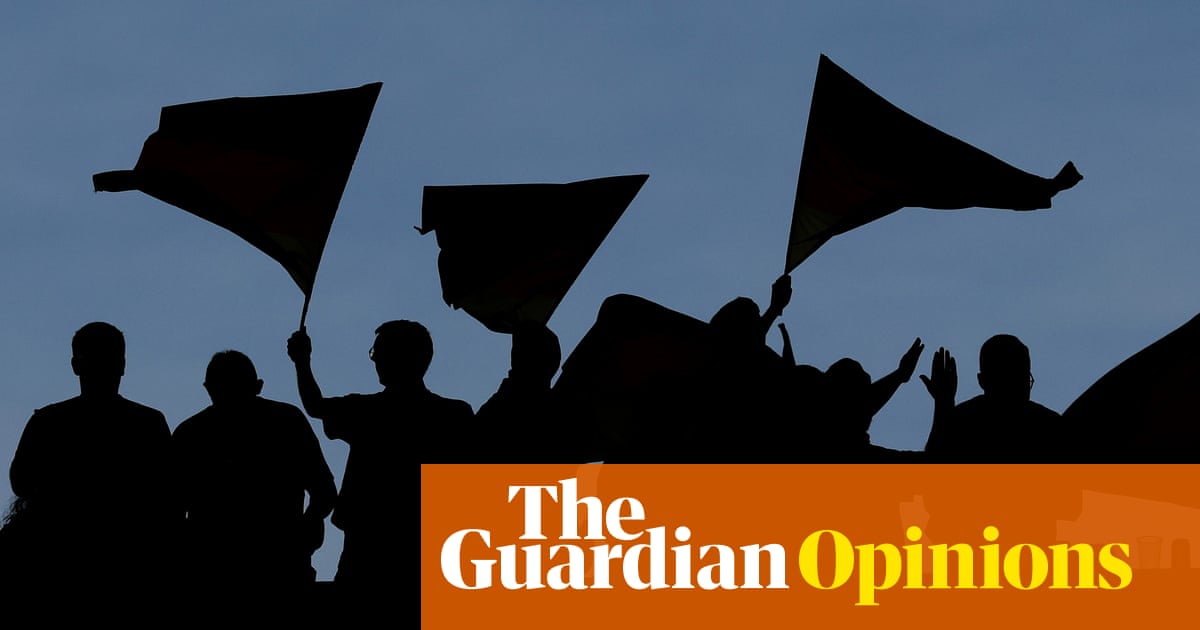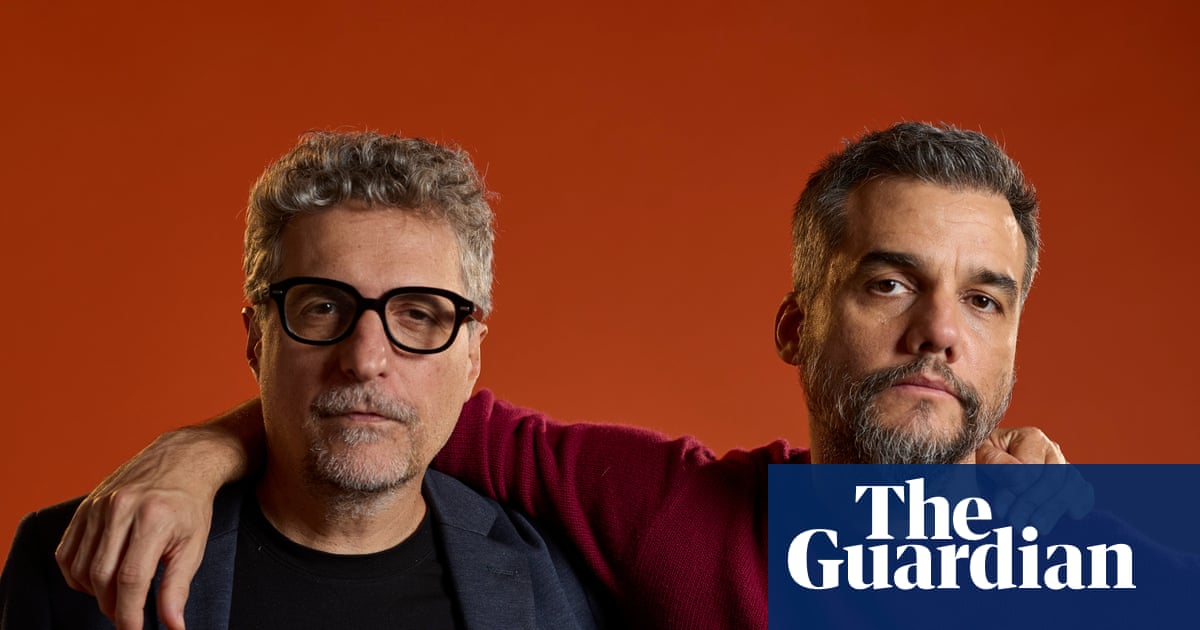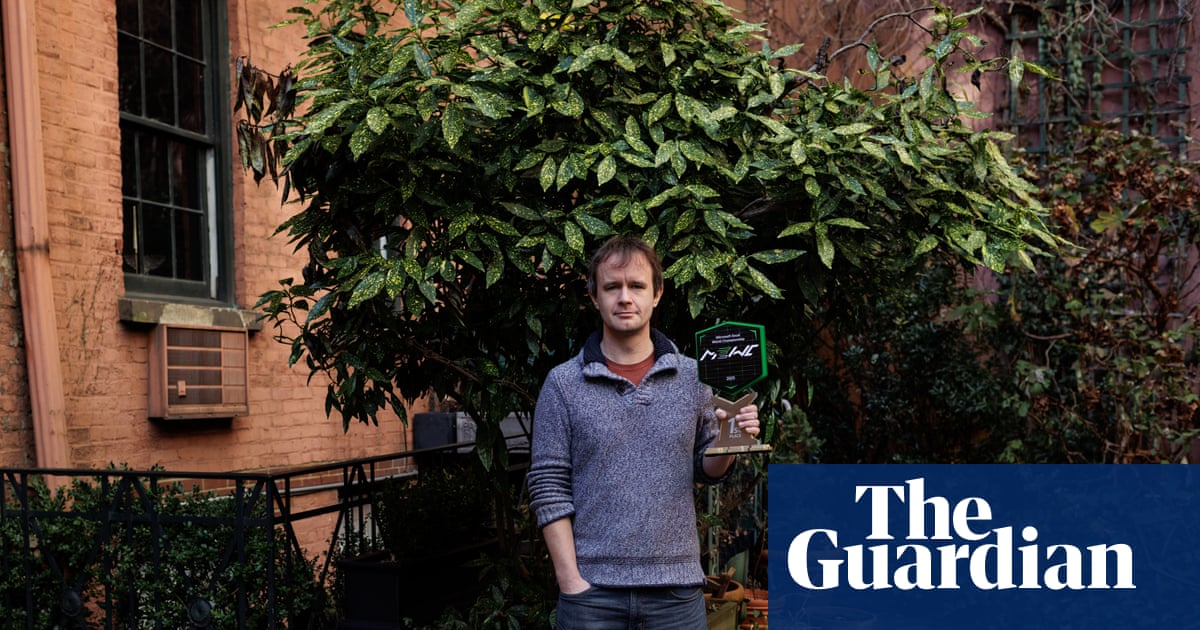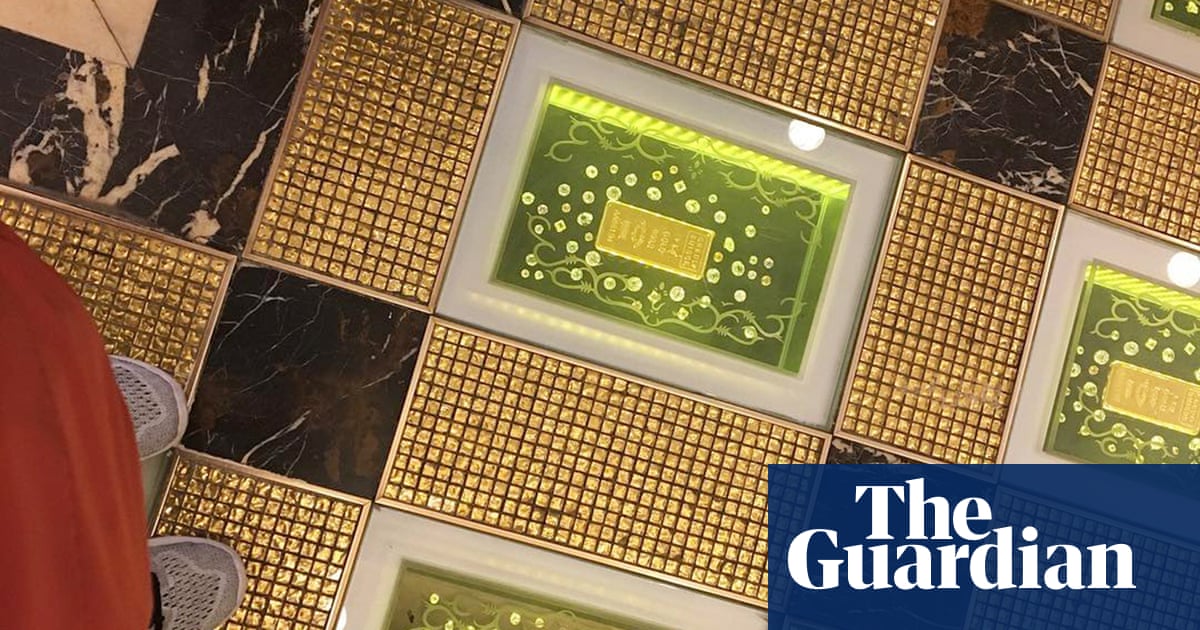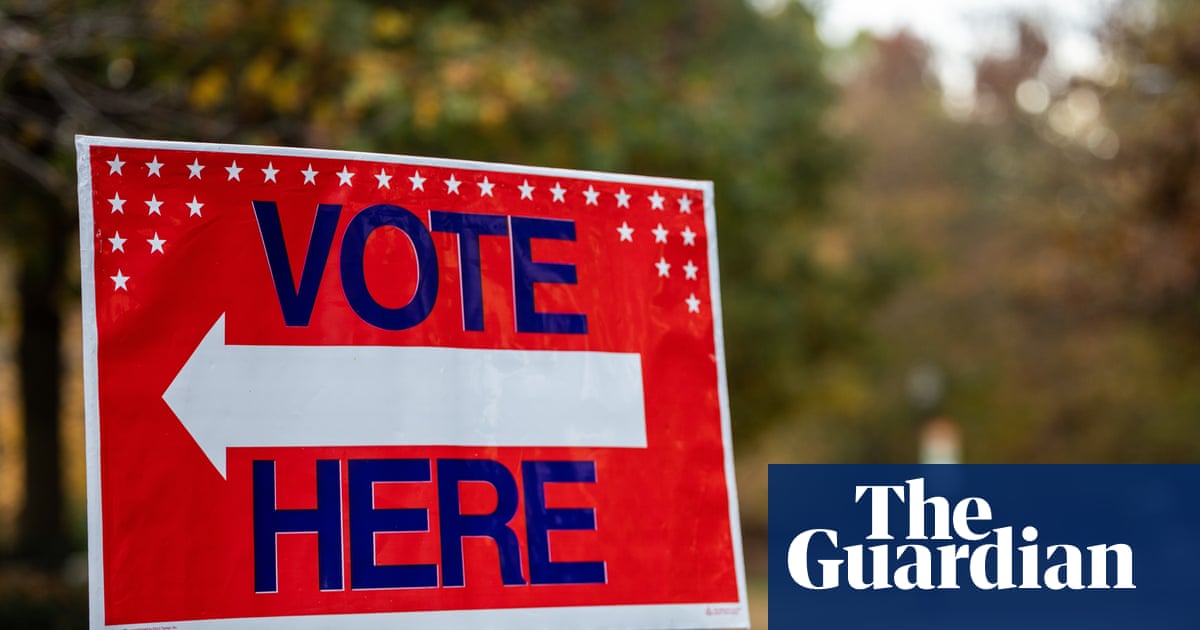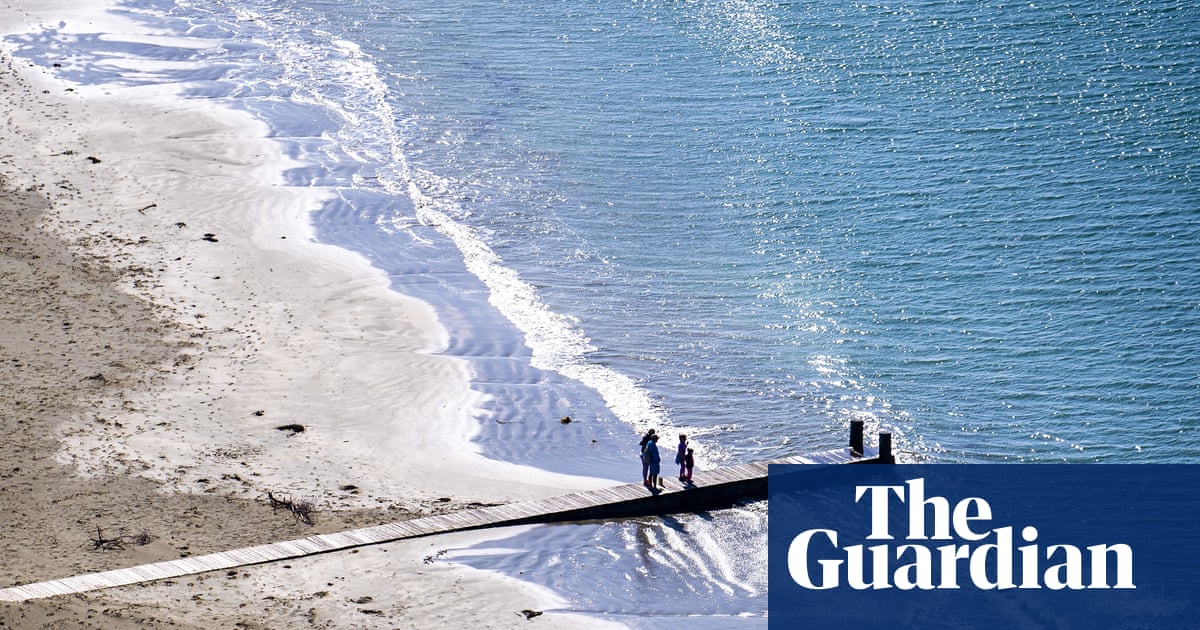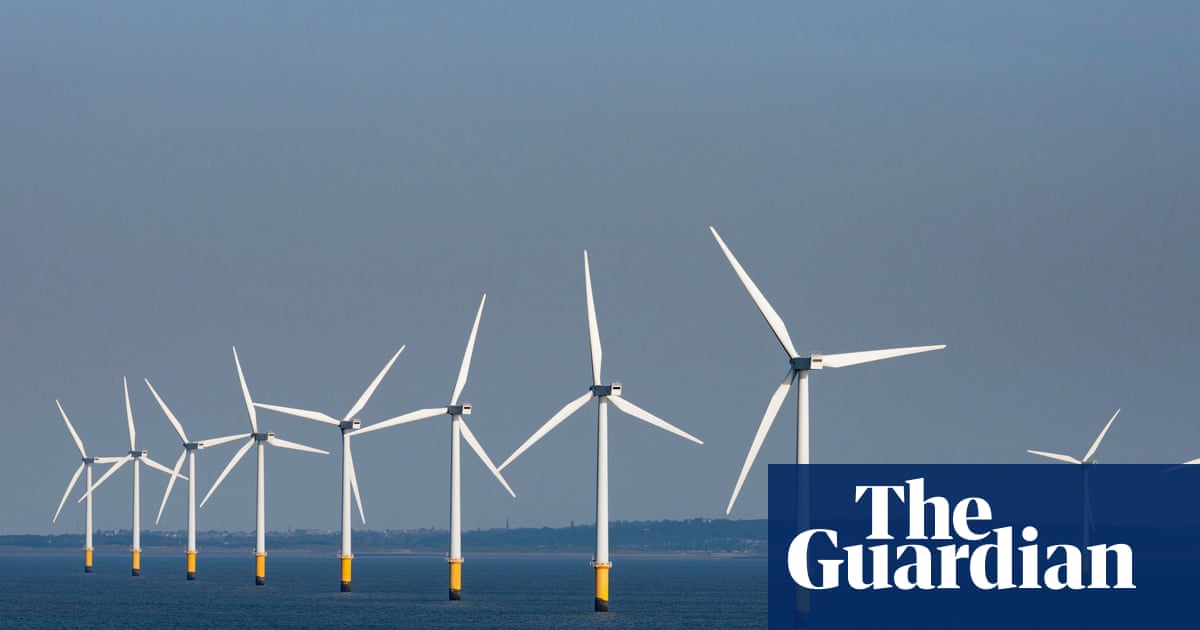The chair of the BBC, Samir Shah, struck a defensive tone in his interview to explain the mess the broadcaster has found itself in. The impression was of an organisation under siege rather than one confidently self-correcting. Mr Shah will be busy. He must find a new director general after Tim Davie resigned. Gone too is the CEO of news, Deborah Turness. Both resigned after an exhausting rightwing campaign which cried bias at every turn and was energised by an absurd transatlantic attempt to paint the BBC as part of a global liberal conspiracy.
A giant like the BBC will make mistakes. The failure is not owning them fast enough and moving on. The corporation remains one of Britain’s few genuinely national institutions – and ministers say it is a “light on the hill” for people here and abroad. The BBC is the most trusted source of news in the UK, and among the top five worldwide. Yet awareness of that value has faded as the broadcaster struggled to articulate a clear civic mission. This is a strategic blunder in the face of competition from US big tech, which wants to monetise outrage rather than the truth. Viewed from that perspective the current row over the editing of Donald Trump’s speech for Panorama is a sideshow. The real fight is over what impartiality means – and who gets to decide.
For traditional journalists, it means a balance of verifiable fact and sourced evidence. For the populist right, it means Fox News-style “both-sidesism”. They sneer that the BBC is biased, bureaucratic and past its prime. Yet its critics offer only a marketplace of billionaires’ agendas and algorithmic indignation. In that framing, the BBC’s safe and steady approach looks less like complacency than necessity.
The BBC’s income has been cut by more than 30% in a decade. Despite this, it provides unrivalled value for money – notably breaking viewing records with its successful show The Celebrity Traitors. Yet there is still no clear government commitment to maintaining the licence fee. There should be – and it is a pledge that ministers ought to be making soon. Labour’s refusal to confirm that the licence fee is secure after 2027 only invites commercial lobbying from the BBC’s rivals to push for a “mixed” funding model. Once the licence fee is gone, Auntie stops being a public good and becomes a market player. It would be the end of the BBC as we know it.
Mr Trump’s threatened billion-dollar lawsuit thus lands at the worst possible moment: the BBC is leaderless, its board inexperienced in crisis management and its rightwing opponents cock-a-hoop at the scalps they have taken. The BBC board knows little of modern journalism, yet entrusts editorial oversight to Tory Sir Robbie Gibb – hardly neutral on UK politics or Israel. With legal threats, Mr Trump exports his “fake news” crusade, aiming to cow the globally respected BBC as he has America’s press.
Rather than remaining silent to avoid offending the White House, Sir Keir Starmer should stand up for the BBC’s editorial freedom. He ought to recognise media independence and sovereignty over the infosphere as a national security issue. Doing nothing will only encourage Mr Trump and his UK allies to do their worst. The Panorama edit may be a mistake. The campaign around it is not. It is an assault on democratic infrastructure. The question is whether Britain will defend its power to tell the truth.

 2 months ago
72
2 months ago
72
